The 2017 Roland Garros champion Jelena Ostapenko has become embroiled in controversy after losing financing from Latvia for participating in events with Russian and Belarusian players.
Tennis fans and pundits are concerned by this Latvian government move and wonder if this is a fair approach to treat athletes. The problem started when Latvia's minister of education, Anda Chaksha, declared in February that her nation would not support athletes who participated in competitions alongside Russian and Belarussian athletes.
This decision was later enforced with an agreement between the Ministry and the National Olympic Committee of Latvia, which stipulated that funding would be withdrawn regardless of the competition's status or the decisions of international federations.
This choice has drawn criticism from many, who claim that it unfairly punishes athletes who have done nothing wrong. In the WTA Tour, where Ostapenko participates and is now ranked 25th in the world, players from Russia and Belarus are also present.
The case of Ostapenko has ignited a larger discussion about the place of politics in sports. Some contend that politics should not be involved in sports, while others hold that politics and sports are inextricably linked. Regardless of which side one takes, it is clear that Ostapenko's funding withdrawal is a controversial decision.
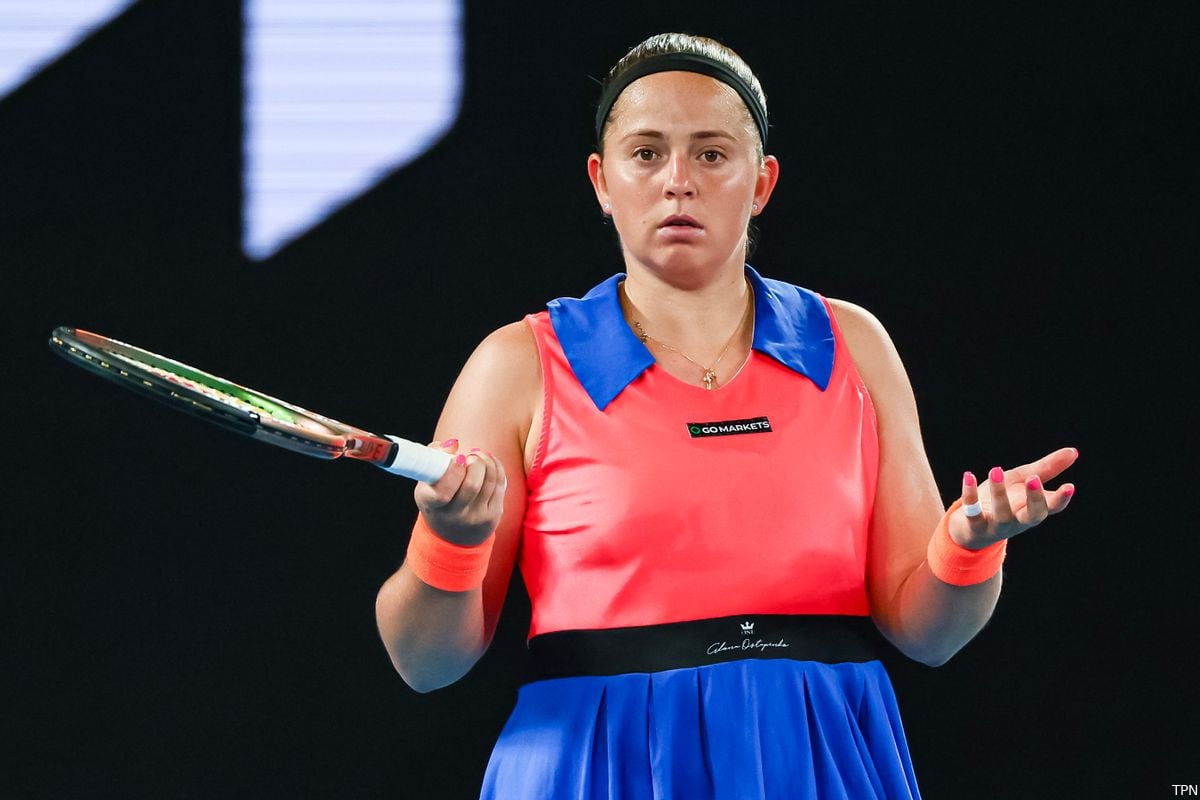






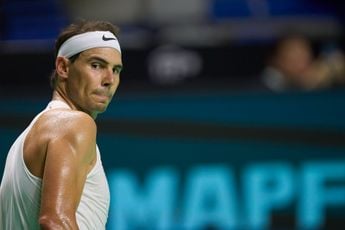

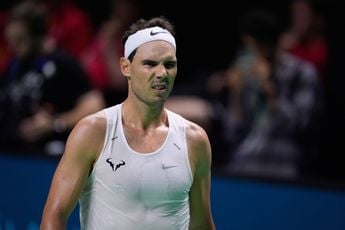
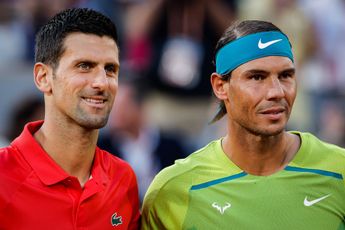

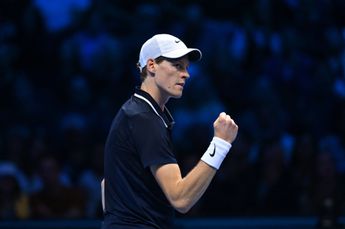




0 Comments